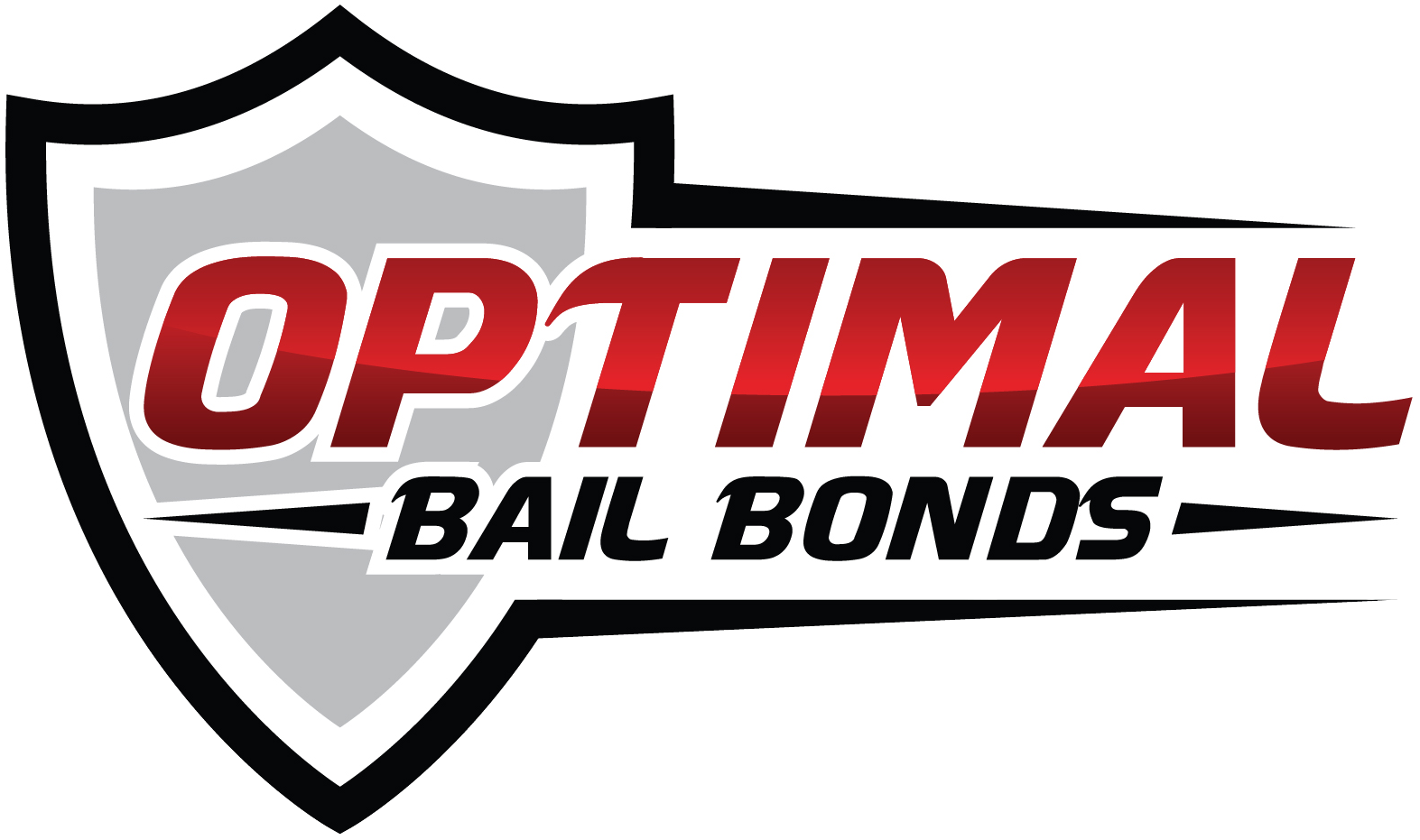In the bail bond industry, knowing who is legally authorized to operate within the system isn't just important—it's crucial. The field is regulated by specific legal and procedural frameworks, and failure to understand or comply with them can result in severe consequences, including license revocation, criminal charges, or civil penalties.
In Florida, the regulation of bail bonds is governed primarily by Chapter 648 of the Florida Statutes and enforced by the Florida Department of Financial Services (DFS). Within this structure, there are several authorized entities that are legally permitted to conduct business in the field. Below is a breakdown of these entities, what they do, and how they operate under the law.







